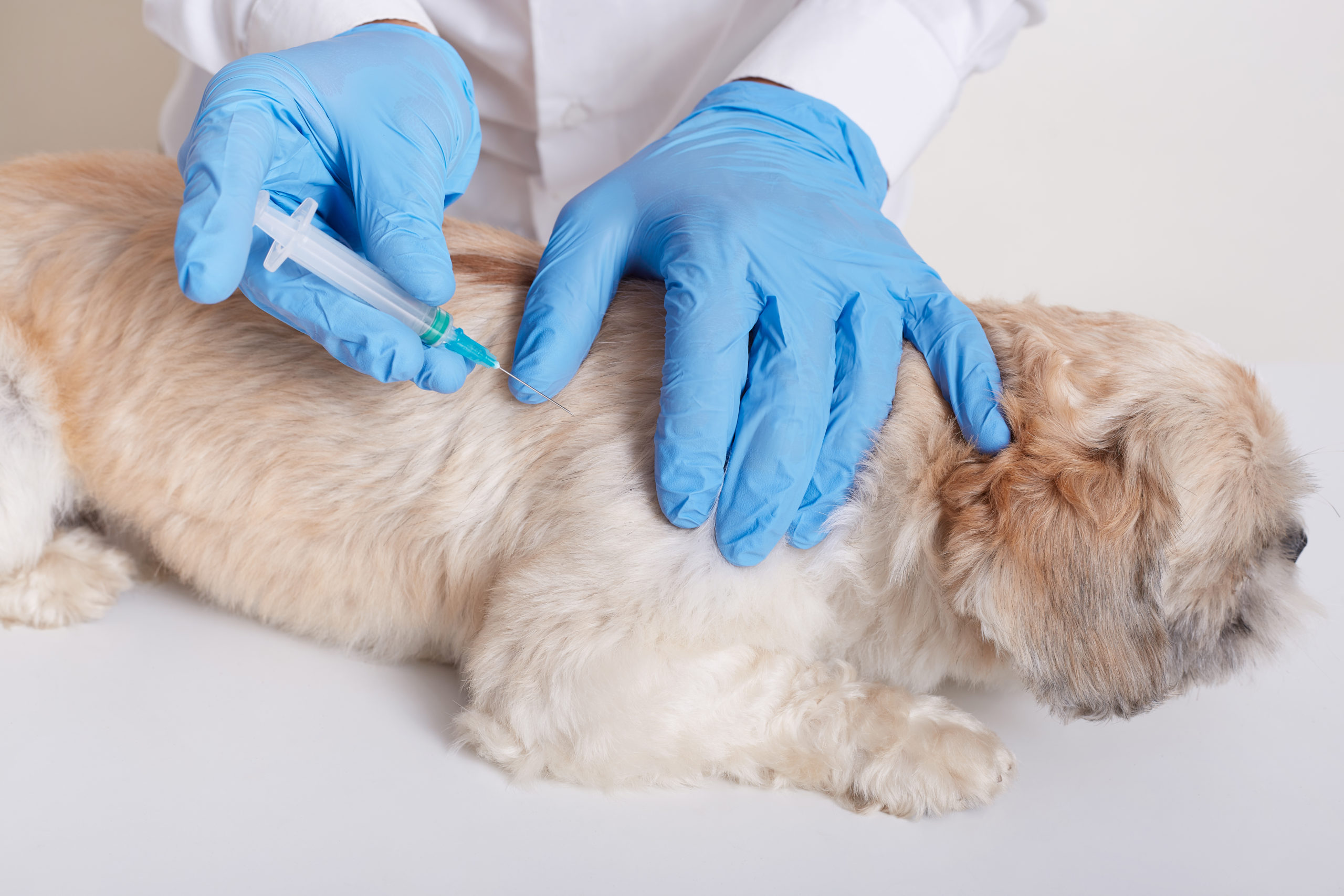Pet vaccinations are a standard part of pet care and if you have been following the standard guidelines for pet vaccinations you have probably been submitting your cat or dog to a painful shot as well as the anxiety of a visit to the vet every year in an effort to provide them the best health possible.
Vaccinations are a big business. Owners will spend what they are told in order to protect their pets and possibly themselves from contacting scary and deadly diseases such as rabies or distemper.
However, some veterinarians and pet owners are starting to question the wisdom and necessity of annual vaccinations.
Dr. Margie Scherk who runs a veterinary clinic in Vancouver was quoted in a CBC news story as stating that “We have no reason to think a cat’s immune system is different than a human’s immune system. And we don’t get vaccinated every year.”
If this is true, why do vets keep warning us to have our dogs and cats vaccinated annually?
- Possibly some encourage the visits for the monetary benefits, but it is also a subject that is still fraught with controversy.
- Pet owners in general are not anxious to take risks with such deadly diseases and so until conclusive studies are embraced by the medical field they will continue with annual vaccinations.
- On the other hand, some studies have shown that certain vaccines, such as the rabies vaccine, may be linked to an increase in tumors in cats.
- Other pet owners have had personal experiences which led them to believe that vaccines in puppies may have been responsible for a higher mortality in a healthy litter.
Until these concerns have been researched further, veterinarians take their own stand on vaccinations. Dr. Kruth, who was also interviewed by CBC, believes that owners should make decisions based on the lifestyle of their pet. He explains that hunting dogs are clearly more at risk for picking up some of these diseases than a pet kept indoors in the city.
How can pet owners make an educated decision? There is a lot of information available online, as well as recommendations from Associations and veterinary schools which may reflect the more recent research. However, most individuals will likely require the experience and recommendation of their family pet’s doctor or shop around to find one who seems to be implementing newer recommendations. In this case most will suggest a three year gap between most vaccinations. There are still some diseases that may require annual shots or even six month shots such as feline leukemia and kennel cough.
